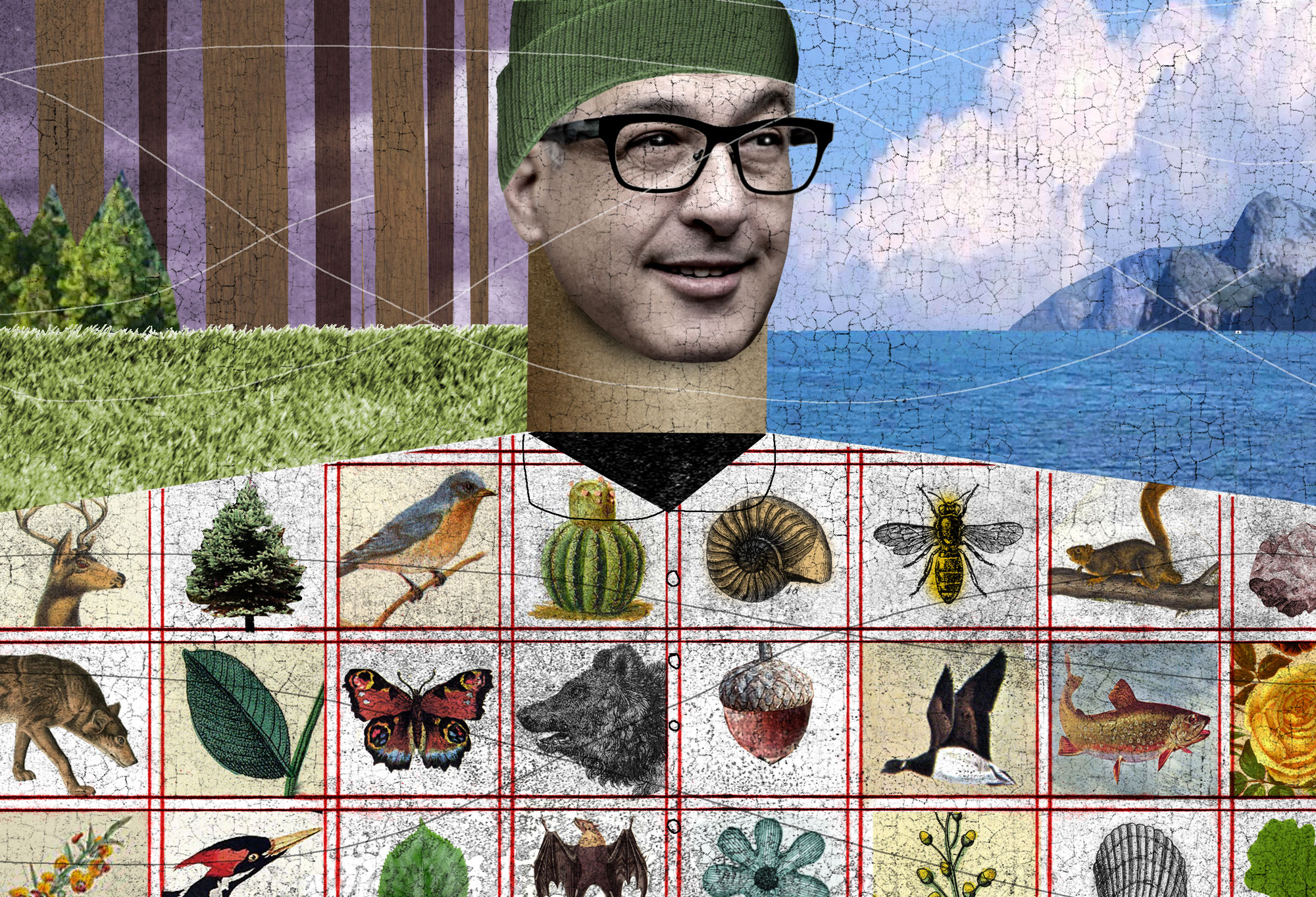

Washington state has always been recognized as one of the most gorgeous parts of the country, and for its residents’ deep appreciation of the natural world. Thus, it made perfect sense for a University of Washington professor to be named the director for the first-ever United States National Nature Assessment.
Phillip Levin, a UW professor of practice in the College of the Environment’s School of Environmental and Forest Sciences and lead scientist at The Nature Conservancy in Washington state, has been appointed director of this White House initiative. This project will employ an interdisciplinary approach to better understand the role of nature in the lives of U.S. residents.
This assessment will take stock of lands, waters and wildlife and how they contribute to our economy, health, national security, environmental justice and climate—and how nature might be affected by climate change. The findings are expected to be released in 2026.
Levin, who heads the Interdisciplinary Conservation Science Lab at the UW, explains: “Successful conservation, especially in the face of an uncertain climate, is built on the knowledge and collaboration of Tribes, stakeholders, scientists, natural-resource managers and local leaders. We all have a stake in—and contribute to—a sustainable future. This collaboration will be key to the success of the National Nature Assessment, enabling us to develop a holistic understanding of nature in the U.S.”
In this new role with the White House Office of Science and Technology Policy and the U.S. Office of Global Change Research, Levin’s role is to create a holistic view of America’s ecosystems, waters and wildlife, and define the benefits they provide. No one is better suited for this undertaking; Levin is a conservation scientist who is interested in bridging the gaps between theory and practice, and between social and natural sciences. The primary focus of his work is developing interdisciplinary tools to inform conservation of marine and terrestrial ecosystems and the communities that depend on them.
It’s no surprise that the federal government turned to the University to head up this project. It’s just another example of the positive impact the University has on our way of life.